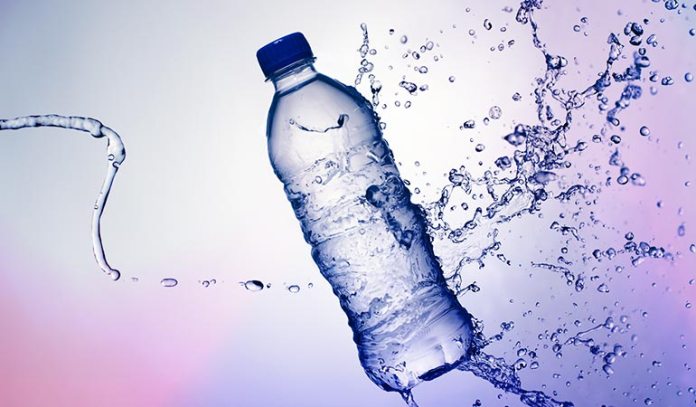Millions of people around the world suffer from various allergies. While some of us are prone to dust allergy, some others are allergic to cold. While some of us are allergic to peanuts, some simply cannot be around pollen grains. However, most of us do not often realize that the water we are using might also be playing a major role in worsening our allergy. It has been found that many allergies and respiratory conditions like asthma might be actually linked to certain chemicals used to purify tap water.
Does Tap Water Trigger Allergy Symptoms?

Most of us are aware of the fact that municipal corporations add chemical water purifying agents to their water systems to make tap water safe for bathing and drinking purposes. However, how some of these chemicals can disrupt the hormones in the body isn’t exactly common knowledge. These days, there have been research studies going on regarding these chemicals and how they can interfere with our immune systems, just like pet dander causing hives in people with animal allergies.
People who are allergic to water itself is an incredibly rare condition and is known as aquagenic urticaria. Most of them who suffer from water allergies do not even realize that their bodies are identifying the chemicals present in their home’s tap as potential attackers of their allergy.
Which Chemicals Are Considered Harmful If You’re Allergic?

A study was conducted in Belgium that concluded that chlorine, which is added to water to kill bacteria, has the ability to exacerbate the symptoms of allergy and asthma. It has also been found that chlorine-treated water could trigger an asthma attack and can make people suffer from conditions such as skin and eye irritation, bronchitis, etc.
Recently, it has also been found that dichlorophenol, a type of water-purifying chemical used to clean water is also used to make pesticides, which means that it lingers in seasonal fruits and vegetables as well. Dichlorophenol has been found to affect many Americans with food allergies.
Fluoride is another component used in water to fight tooth decay, and it has been found to have a negative effect on asthma and allergy symptoms.
Filter Tap Water To Improve Allergy Symptoms

If you or a family member has respiratory allergies or asthma, consider to filter your tap water before you use it. Most of the home filters remove chlorine by the semi-permeable membrane and this process is known as reverse osmosis filtration. This process also successfully removes pesticides, lead, calcium, and other minerals that make the water hard.
You can also consider using a shower filter to prevent the absorption of the chemical through your skin, but they are not 100 percent effective and need to replaced from time to time. Nowadays, you can find whole house filters on the market as well, and these filters are designed to remove all the chemicals present in water so that you can use water from every faucet without any fear of allergy.
5 Tips To Improve Water Quality

Here are five tips listed below to improve the water quality at your home and prevent allergies.
Take Cool, Short Showers
If you take long showers in hot water, you increase the tendency to absorb any chemical present in the water. People who suffer from allergies and asthma symptoms must limit their time spent in the shower, use cool or lukewarm water, and turn off the water completely while lathering of shaving.
Use Bottled Water
Invest in a water purifier as it will be the most economical option to purify your water even in the long run. However, bottled water can also provide as a very safe alternative for drinking water when you are on the go.
Opt For Organic Food
Choose to eat organic fruits and vegetables if you are trying to reduce the amount of chemicals your body is taking from pesticide-treated fruits and vegetables.
Limit Your Time In The Swimming Pool
Public swimming pools are treated with high levels of chlorine to kill the bacteria present in the water. It is advisable that you limit the time spent at the swimming pool if you have asthma or severe allergies. If you still want to spend time at the pool, use your own backyard pool by treating it with non-chlorine chemical alternatives.
Use Distilled Water In Humidifiers
If you have the habit of relying on a humidifier to sleep well at night, fill it with distilled water. This is because certain minerals found in tap water can promote the growth of bacteria when released into the air and worsen allergy symptoms.





